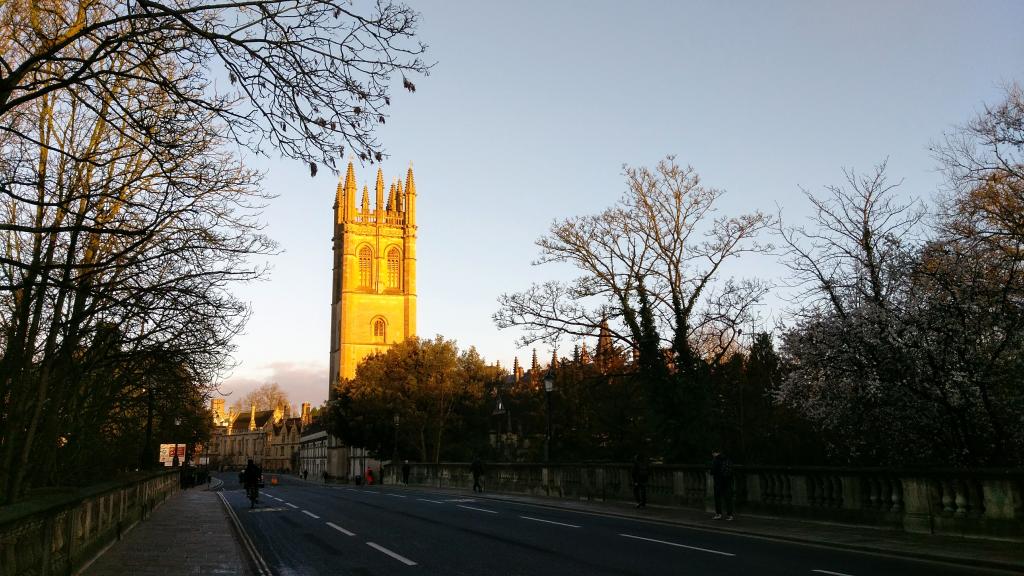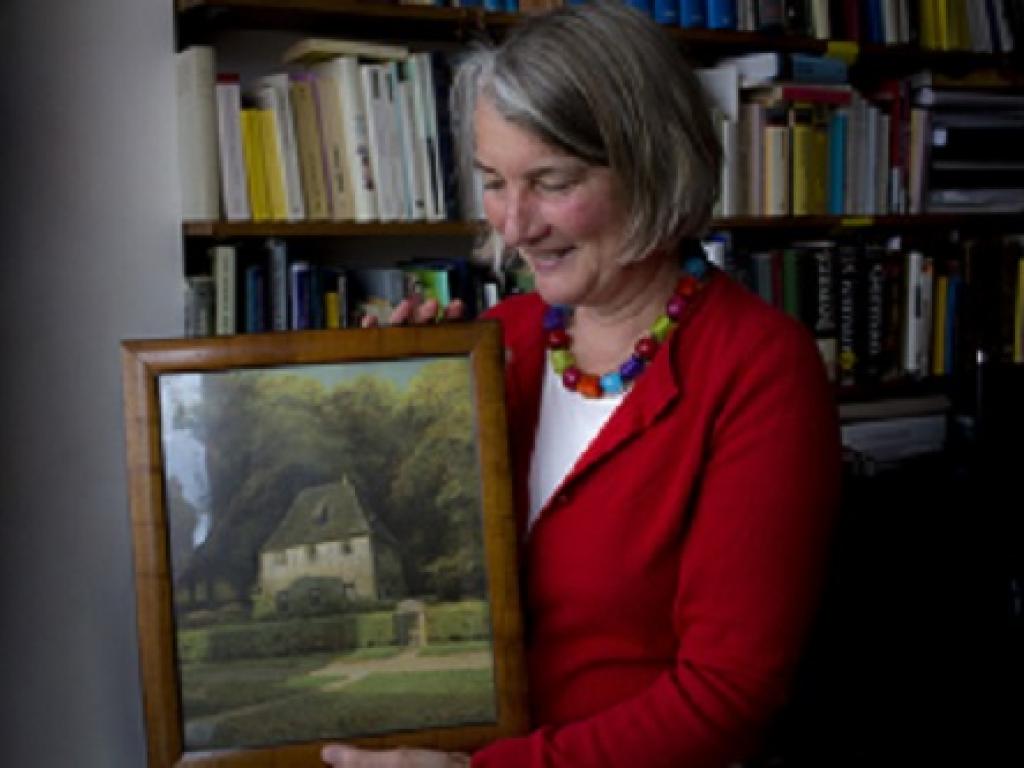
It is spring outside as I write; we had managed a successful term with increasing numbers of events in person, and were looking forward to a summer term even closer to how things used to be. Yet the images of the war in Ukraine and the destruction are harrowing, and I think at times we all feel helpless. At the moment, donating to charities able to deliver humanitarian aid will be the best support. But we have also discussed what we might do as a Faculty. For next term, as an act of academic solidarity, we will hold an event on Ukrainian Literature and Culture on the afternoon of Thursday 5 May 2022, 4:00-7:00p.m. It will include presentations by experts on aspects of Ukrainian literature and culture, live performances, a round table discussion, and contributions from the different languages in the faculty. We will publish the programme on the Faculty web-page in due course; if you would like to take part in person, please register here.
At the suggestion of Emeritus Professor Peter A. Mackridge, at least one of the texts read at the event will be a poem by a Mariupol Greek, Kostoprav. Peter was Professor of Modern Greek until he retired in 2003. His distinguished career as an academic and translator led him to being granted many honours, the most recent of which is Honorary Greek Citizenship awarded to him at the Ambassador’s residence in London this March. Peter counts the history of the Greek language among his scholarly interests. The shocking destruction of Mariupol led him to write a brief piece on the Greek dialect spoken there.
At the beginning of term, Sophie Benbelaid, who is currently working in a Parisian school, wrote an enthusiastic piece about the months she spent in Moscow before Christmas. It is a reminder of what living and working with ordinary Russians was like—although that now seems like half a lifetime ago; all our students have had to return from Russia, and we are considering alternative plans for next year. Like Sophie, many of you will have used your languages when travelling, for personal or professional reasons. John Shakespeare was Private secretary to H.M.’s ambassador in Paris as a young man and, some years later, himself H.M.’s ambassador to Peru and then to Morocco. He recollects aspects of his life, including his time at Oxford and the E.N.S., rubbing shoulders—and speaking French—with all manner of people including the Général de Gaulle. We always enjoy reading about our alumni’s memories and career. We hope you will get in touch if you would like to write a piece for The Oxford Polyglot.
Research in our seven Sub-Faculties is incredibly diverse. In this issue, Rajendra Chitnis, who is Associate Professor of Czech, writes about his new project: in collaboration with colleagues from the Université Libre de Bruxelles, and funded by a grant from the Fondation Wiener-Anspach, he is looking into the origins of Czech modernism. Dorothée Boulanger, who is a Leverhulme Fellow at Jesus College, working on Lusophone Africa, salutes the current success of African literature on a world stage and envisages the way in which it is making history.
Oxford has often been central to the celebration of major foreign authors. Dante’s big birthday in 2021 was marked by many events across the globe. Several of them were organised or co-hosted by colleagues at Oxford, who also authored numerous publications, as Simon Gilson recounts. Oxford has also, via the Voltaire Foundation, brought about a major achievement: the publication of an edition of the complete works of Voltaire, for the first time since the 19th century. As the ink is still drying on the 205th (and last) volume, Alison Oliver and Gillian Pink, two of the editors, discuss the project, which was successfully concluded under the direction of Nicholas Cronk more than fifty years after it was launched.
We end on a sweet note related to yet another important author’s anniversary: Jennifer Yee has long been interested in the way literature represents some objects which might seem impossible. One of these is the ‘pièce montée’ which is the crowning glory of Emma and Charles’ wedding breakfast in Madame Bovary by Flaubert. She designed a cake according to the textual indications and it was made by the expert pastry-chefs from The Cake Shop in the covered market, which many of you will remember from your student days. Jenny reflects here on the enterprise and, cerise sur le gâteau, we have included the speech the Deputy Mayor of Oxford, none other than Flaubert specialist Steven Goddard, a true link between Town and Gown, gave at the official unveiling.
As we rejoice in numerous successes including our student Jack Nunn winning the 2021 Gapper Undergraduate Essay Prize, Professor Karen Leeder the Schlegel-Tieck Prize and Professor Andrew Kahn the AATSEEL Book Prize, we trust that you and those who are close to you are keeping safe in these troubled times and we hope to see you again soon in Oxford.

Best wishes,
Professor Almut Suerbaum
Chair of the Faculty of Medieval and Modern Languages